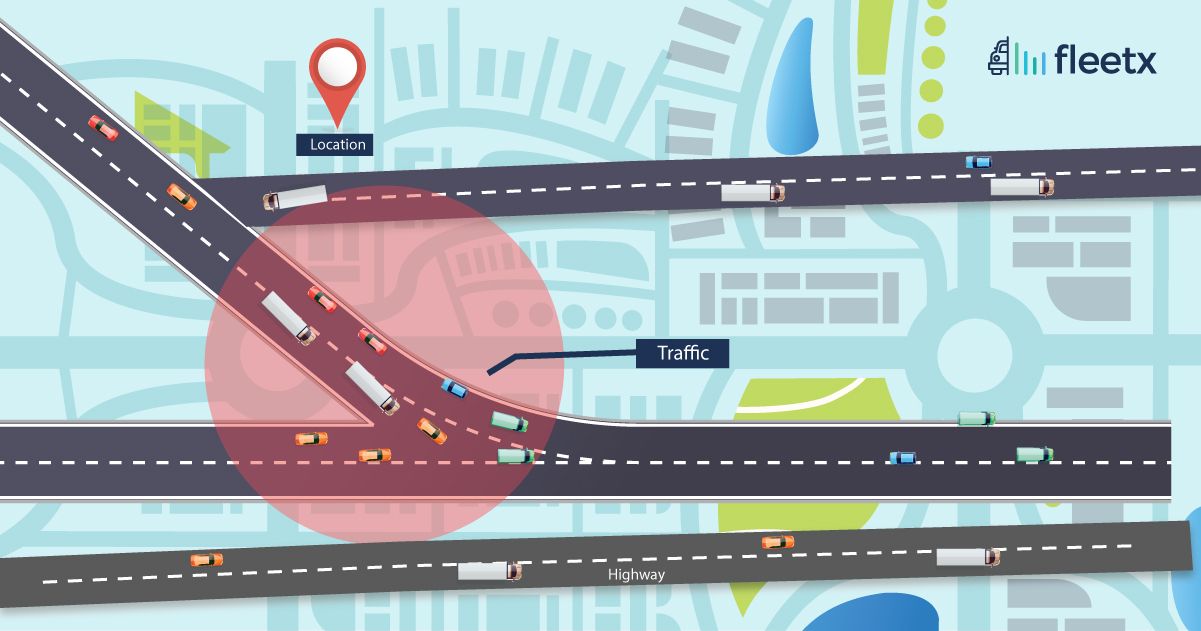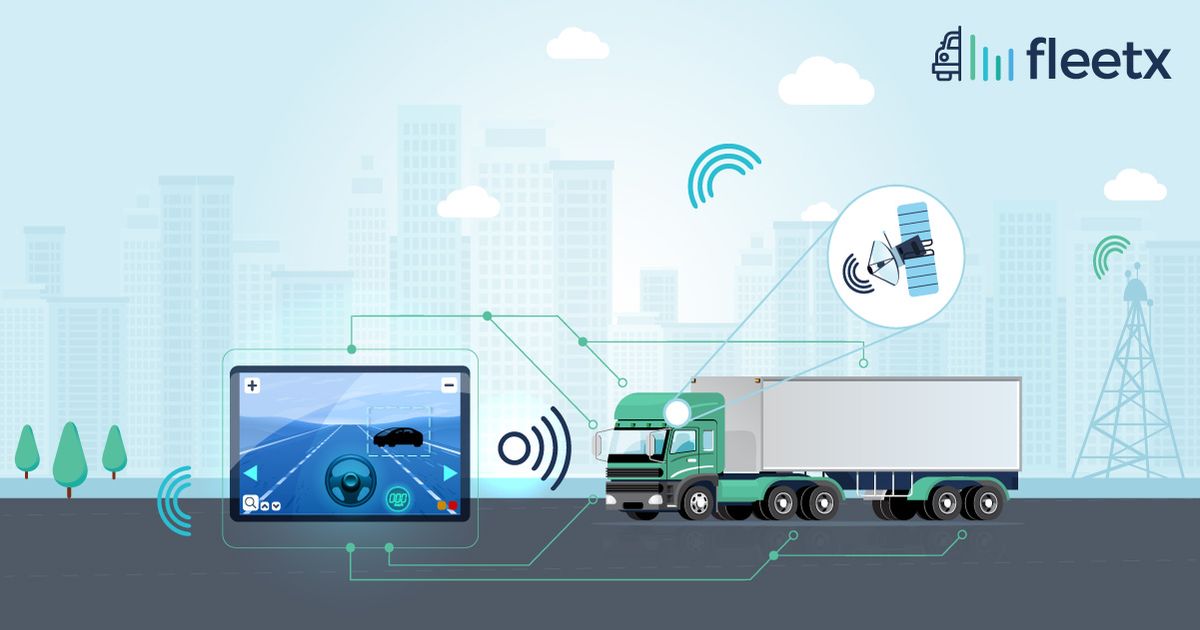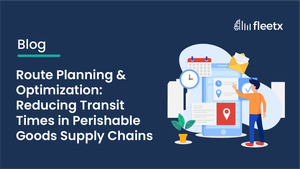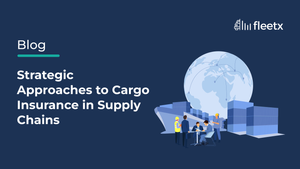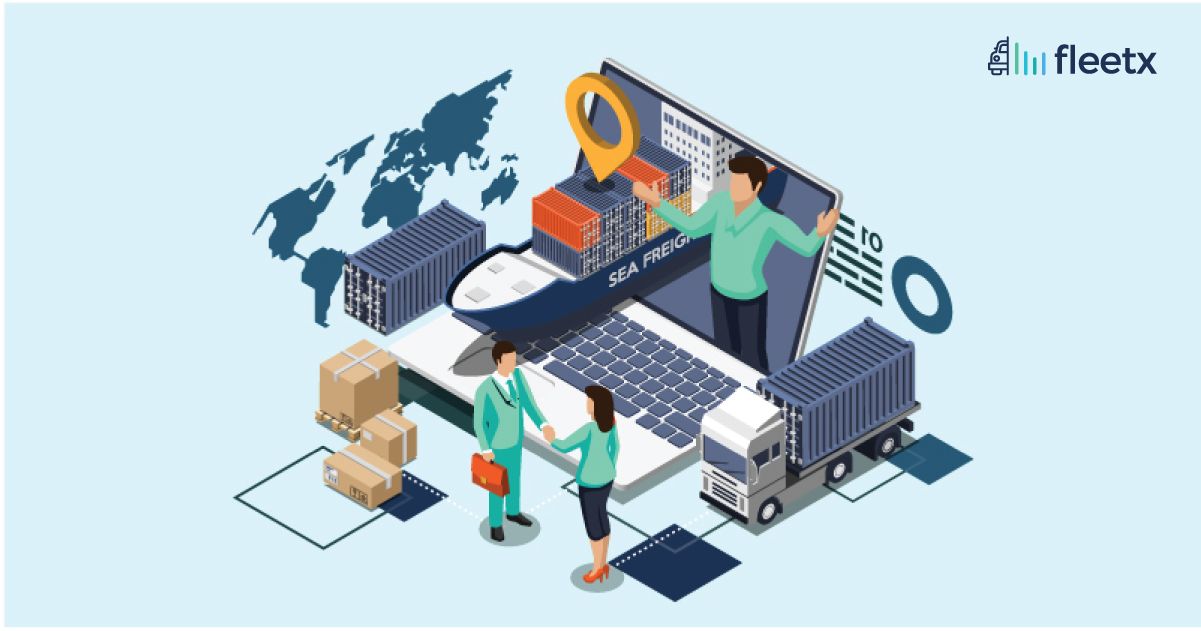
The organized sector makes up only 10% of Indian logistics. Given the complexity and more than 20 government entities involved, it is one of the most highly fragmented sector. Companies that handle logistics help with product storage, packing, and quick delivery. Regarding logistics, everything is time-constrained. Because each operation depends on the one that came before it, even a small delay at one point can have a significant impact on all the others. Logistics sector should put automation of freight flows and digitization of all supply chain interfaces at the top of their priorities.
According to studies, the world's freight volume will increase to 92.1 billion tonnes by the year 2024 . Logistics management serves as a crucial point of contact for supply chain managers in such a fast-paced environment with increasing transit volumes.
What is Logistics Management?
The process of strategically managing the acquisition, transportation, storage of raw materials, finished goods, and related information flows through an organization's marketing channels in order to maximize current and future profitability through efficient order fulfillment is known as logistics management.
What is a logistics management system and how does it work?
LMS (Logistics Management Software) streamlines logistics processes by simplifying the production cycle and facilitating quick access to vital data. It assists companies in managing the numerous operations involved in the manufacturing cycle, from the supply of raw materials through the shipment of finished goods to customers. Software for logistics management has expanded in depth and functionality to handle a wide range of operations and procedures.
The use of software for automatic selection, efficient delivery, and sufficient warehouse storage capacity makes logistics management simpler. It can offer services to customers, retailers, and producers. The logistics approach places a strong emphasis on providing the customers' demands within a set of time ranges.
The five main components of logistics management are as follows:
1. Warehouse Planning: The process of recording and automating all warehouse operations using logistics software is known as warehouse management system. It organizes and keeps track of the flow of goods in perfect condition from the warehouse to the consumers.
2. Management of Transportation: The logistical procedure that guarantees end-to-end movement visibility is transportation management. In order to provide customers with better service, transport and logistics management software aids in the planning of effective deliveries in both the forward and the reverse direction.
3. Last-Mile deliveries: The logistics delivery supply chain always ends with this step, which aids in end-to-end delivery using logistics software. It entails selecting customers products in acceptable condition for delivery from the warehouse.
4. Customer Service: This logistics management tool makes sure that all client questions and inquiries are promptly answered. It monitors customer satisfaction and forthcoming requirements.
5. Reverse logistics Management: Software for logistics fleet management takes care of all supply chain operations in both forward and backward motion. The logistics of managing returns from the consumer to the producer are difficult. Therefore, it is worthwhile to implement a reverse logistics system (RLS) that will aid in streamlining the procedures of product reallocation, return, and repair.
How to choose the right logistics management software?
Some of the essential elements that a Logistics management software should have are as follows:
Management of fleet: Through effective route planning, fuel economy, and load planning, it aids in the optimization of your fleet management.
Supply Chain Management: As a result of maintaining transparency in the flow of products and services from the manufacturing unit to final consumers, it promotes effective supply chain management that results in high customer satisfaction.
Management of clients: You may handle purchases and negotiations from several suppliers at once using a logistics management system with a multi-client architecture.
Driver records: By using logistics management software, you may create a function that tracks your drivers' every step and automates work distribution among them, giving you insights into their productivity.
Inventory control: It assists with inventory management, which enhances moving loads, delivery speed, operating expenses, service quality, facility usage, and energy conservation.
Order control: Order management may automate every step of the process, minimizing the need for manual coordination, from receiving, scheduling, processing, and storing, through shipping and delivery.
Real-time Visibility: It assists in giving customers real-time order visibility as well as real-time shipment updates and alerts.
Warehouse management: Order fulfillment is expedited through improving the selecting, packaging, and shipping procedures.
Accelerate logistics operations and maximize ROI
Order fulfillment : Software for logistics management can guarantee the smooth operation of the whole supply chain and the satisfaction of client demands. It can include everything from collecting payments to keeping backup vendors ready.
Seamless transportation: Using logistics management software, you can choose the optimal routes, keep tabs on the condition of your drivers and fleets, and make sure your products arrive at their destinations safely and on schedule. This is necessary to guarantee both customer pleasure and a high fulfillment rate for your company.
Enhances inventory control: Your inventory can constantly be stacked and prepared to meet changing consumer needs if you use logistics software. It will assist you in avoiding errors, delays, and other problems that could in any way impair your logistics plan.
Brings accuracy: Reduced human error is a significant benefit of using logistics management software. Large amounts of transportation data require manual processing, which is challenging, time-consuming, and error-prone. A logistics programme can swiftly and accurately handle this data, advancing the processes with little to no delays.
Faster Delivery: Businesses may quickly deliver their items to consumers by using logistics software. A logistics management software has capability of increasing delivery speed and decreases delays in delivery.
Functions are Automated: Process automation is a huge benefit of integrating logistics software. Utilizing logistics software makes it simple to automate and manage tasks like planning loads, designing shipment routes, and tendering loads to carriers.
Cut costs: By improving shipping planning, logistics software also lowers the need for expedited shipments, which is another way it lowers costs.
Summing up
Technology keeps changing supply chain and logistics operations by altering them. The huge caliber of technology in the logistics sector is considered one of the main components for achieving business efficiency. According to Research, between 2021 and 2026, the market for global connected logistics is anticipated to expand at a CAGR of 17.5%. The use of Connected Logistics will grow as IoT and new technologies become more prevalent across sectors.
Logistics management software will allow businesses to achieve end-to-end transparency and help in simplifying the supply chain by rethinking the supply chain strategy.
What is logistics Management?
Logistics management is the process of strategically controlling how raw materials, finished goods, and related information are acquired, transported, stored, and moved through an organization's marketing channels in order to maximize current and future profitability through effective order fulfillment.
How to choose logistics management software?
Today's market is flooded with companies offering logistics management softwares, offering a wide range of services, but picking the best logistics management is crucial because you are investing your hard-earned money in it. It's critical to select the proper logistics management for your firm that fulfills all your needs. The programme should have an integrated ERP, intelligent allocation system, smart order allocation system, AWB generation option, driver management app, remotely accessible, and warehouse management facility if you want to acquire the best logistics management software. If the logistics management software has these features, it might be the best choice for your company.


